Poldi Impact Hardness Tester
This is the simplest and most economical device for detecting hardness according to Brinell and determining tensile strength of engineering and tool steels, dies, forgjngs, railway material, beams, sheets, pipes, cast steel and various parts of steel as well as determining hardness according to Brinell for cast bronze, aluminium, brass, copper, grey and chilled cast iron.
Poldi Impact Hardness Tester enables to perform the impact test with the help of a hammer at workplaces, in workshops, at assembly sites or any other places. Brinell hardness and tensile strength can be seen in tables.
The test made with the Poldi hardness tester shall be performed in the following way:
Directions for use:
Quenched steel ball with the diameter of 10 mm shall be put between the piece tested and calibrated steel bar of a defined tensile strength (check test piece). A single strong hammer stroke shall create ball impressions into the check test piece and the piece tested at the same time. Diameters of both impresions have to be measured carefully with a magnifier provided with the tester. Based on the values measured, Brinell hardness and tensile strength of the piece tested can be found in the table. If a measuring microscope is available, diameters of impressions can be taken more precisely.
Poldi hardness tester, as well as Brinell hardness tester, may be used for all forgeable iron and steel types with the exception of austenitic steels, e.g. steel with 25 % Ni, steel with 14 % Mn, corrosion- resistant Cr-Ni steel, non-magnetic steel, etc.
Each calibrated steel piece can be used for about 40 tests.
Technical Data
When the common Poldihardness tester uses the check test piece made of steel having the strength of 70 kg/mm2 , the deviation of the tensile strength converted from the Brinell hardness compared to the real tensile strength in case of steel having the strength of 50-100 kg/mm2 is maximum ± 3 %, in case of milder types of iron and steel and steel having the strength of 100-150 kg/mm2 (e.g. with hardened, heat treated and high alloyed steels) it is maximum ± 5 %. With the stength of 150 – 200 kg/mm2 , inaccuracy may be, under certain conditions, even a little higher.
>>> CÓ THỂ BẠN QUAN TÂM >>>
Tủ thử nghiệm lão hóa do thời tiết
Tủ thử nghiệm nhiệt độ, áp suất theo độ cao
Tủ thử nghiệm chống xâm nhập IPx
Thiết bị thử nghiệm rơi và va đập
BAQ GmbH is operating in the field of material testing since 1992. The product range covers stationary and portable hardness testers (Vickers, Rockwell, Brinell, Shore, impact hardness and ultrasonic contact impedance (UCI) method) as well as devices for testing layer thickness, abrasion resistance, scratching resistance and coating adhesion strength. These devices are used in all areas of material testing, e.g. inspection of incoming goods, production, research and development. More than 25 years of experience and continuous cooperation with the Fraunhofer Institute for Surface Engineering and Thin Films and others as well as in-house development and production in Germany guarantee good quality and optimal service. BAQ also offers optimized solutions for special requirements.


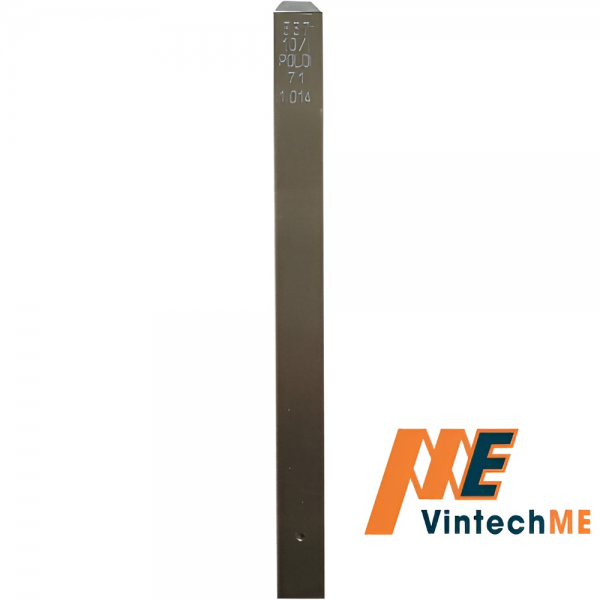
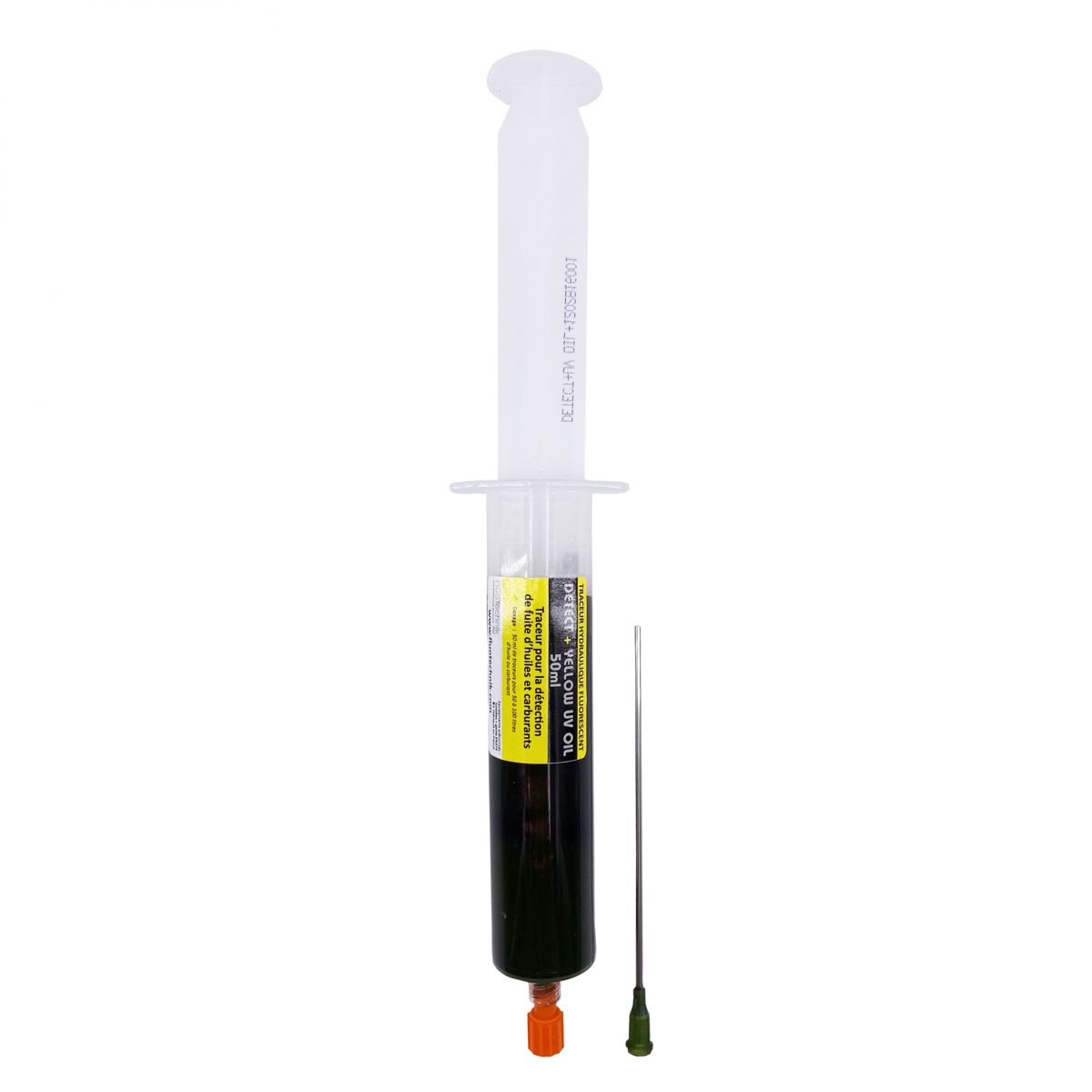
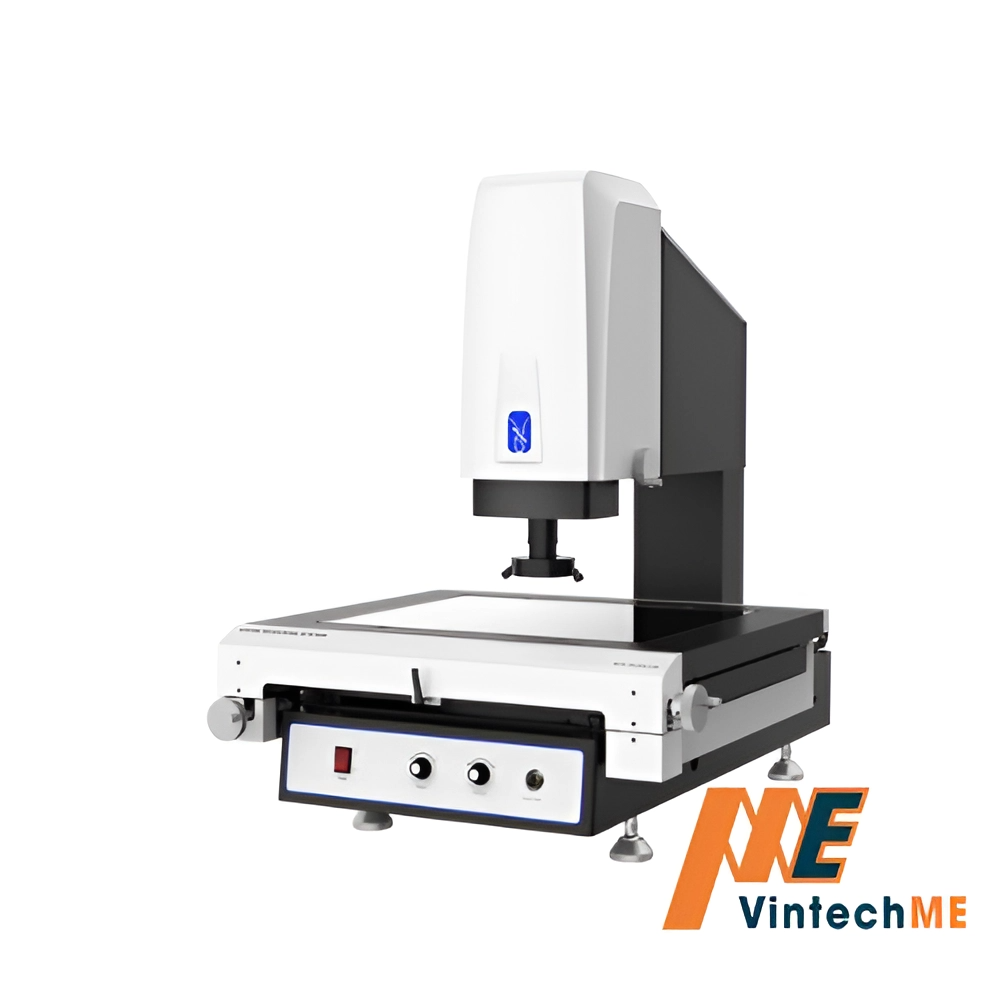
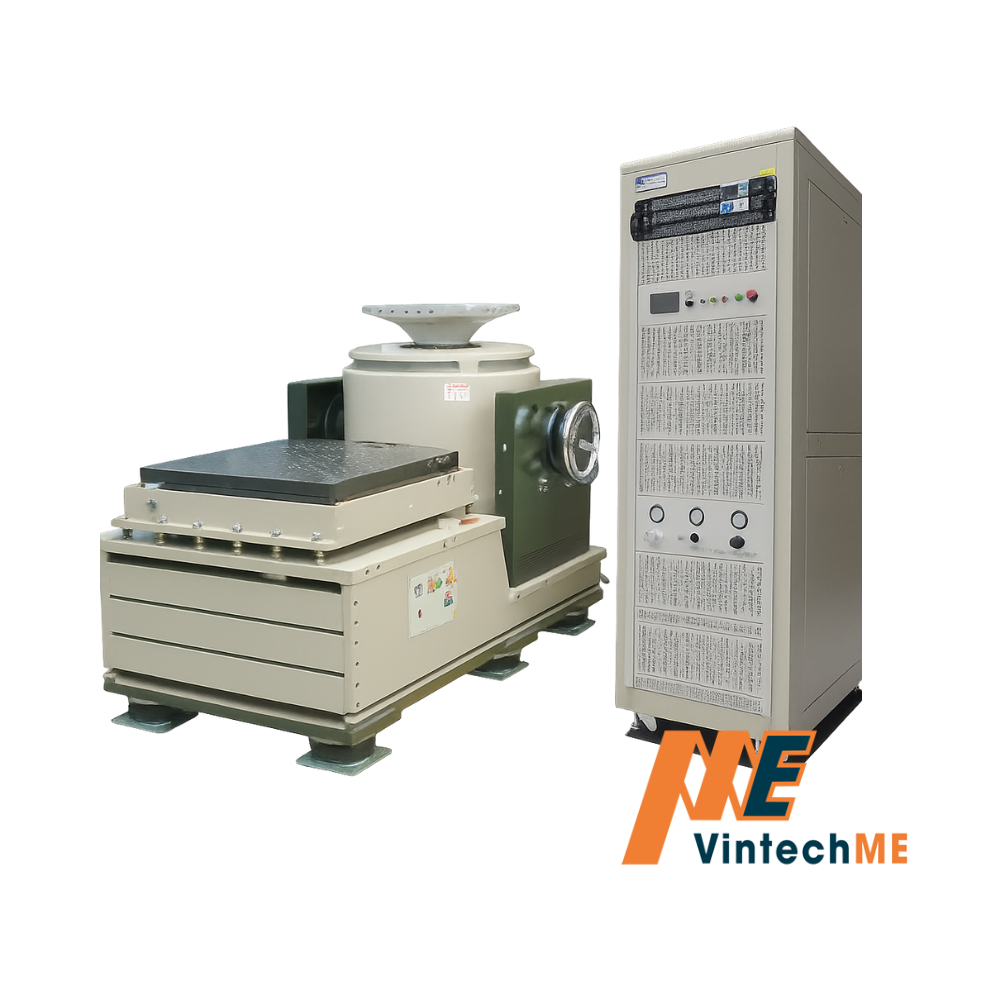



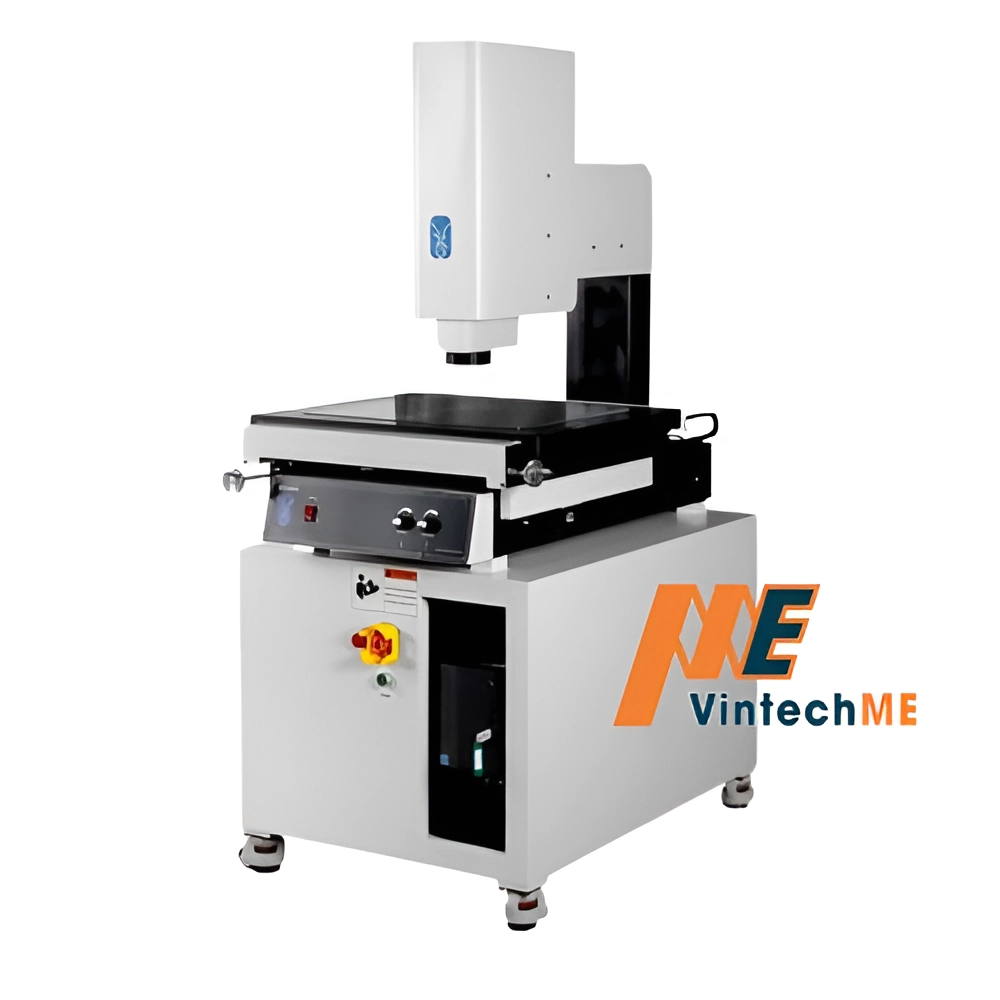
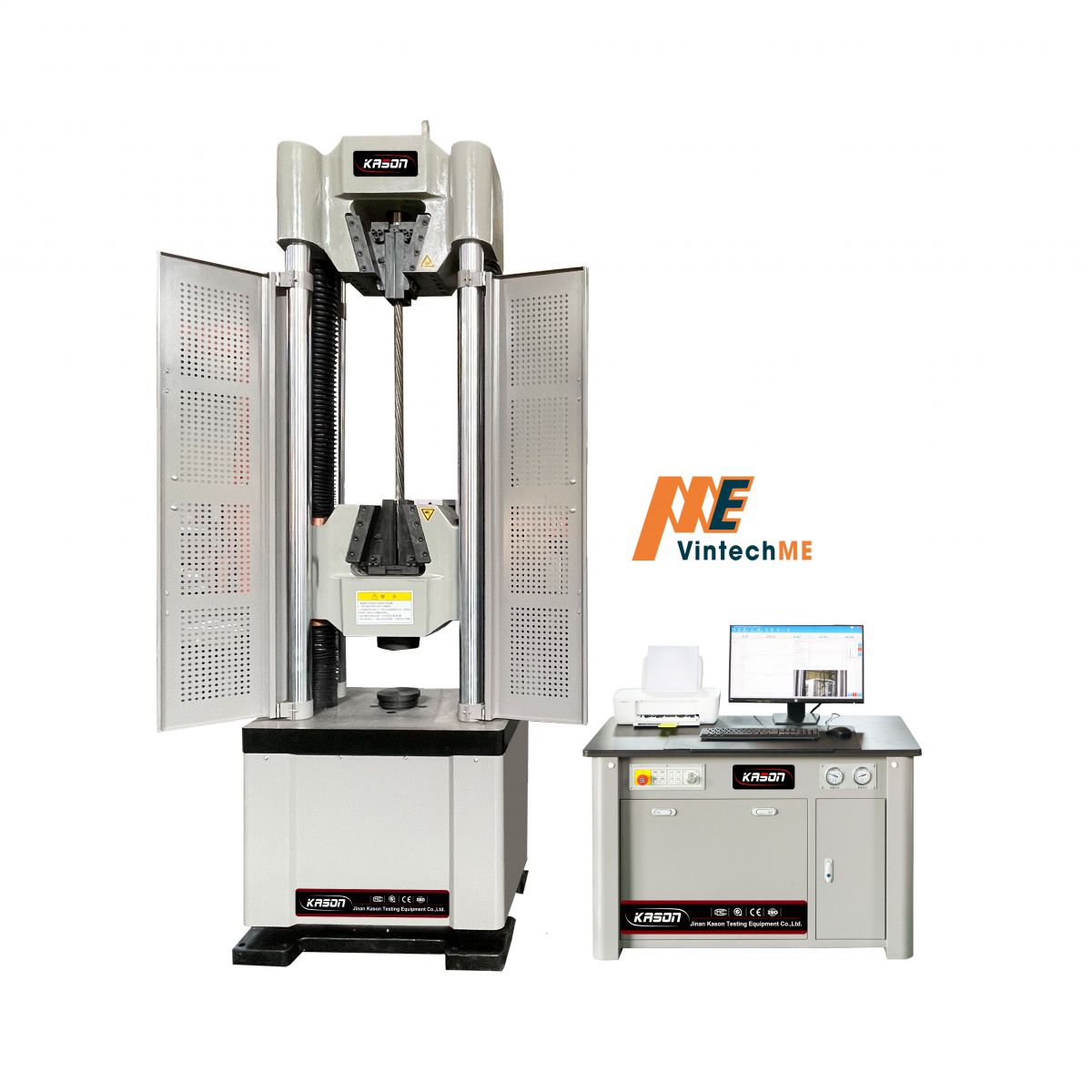
 Tiếng Việt
Tiếng Việt English
English